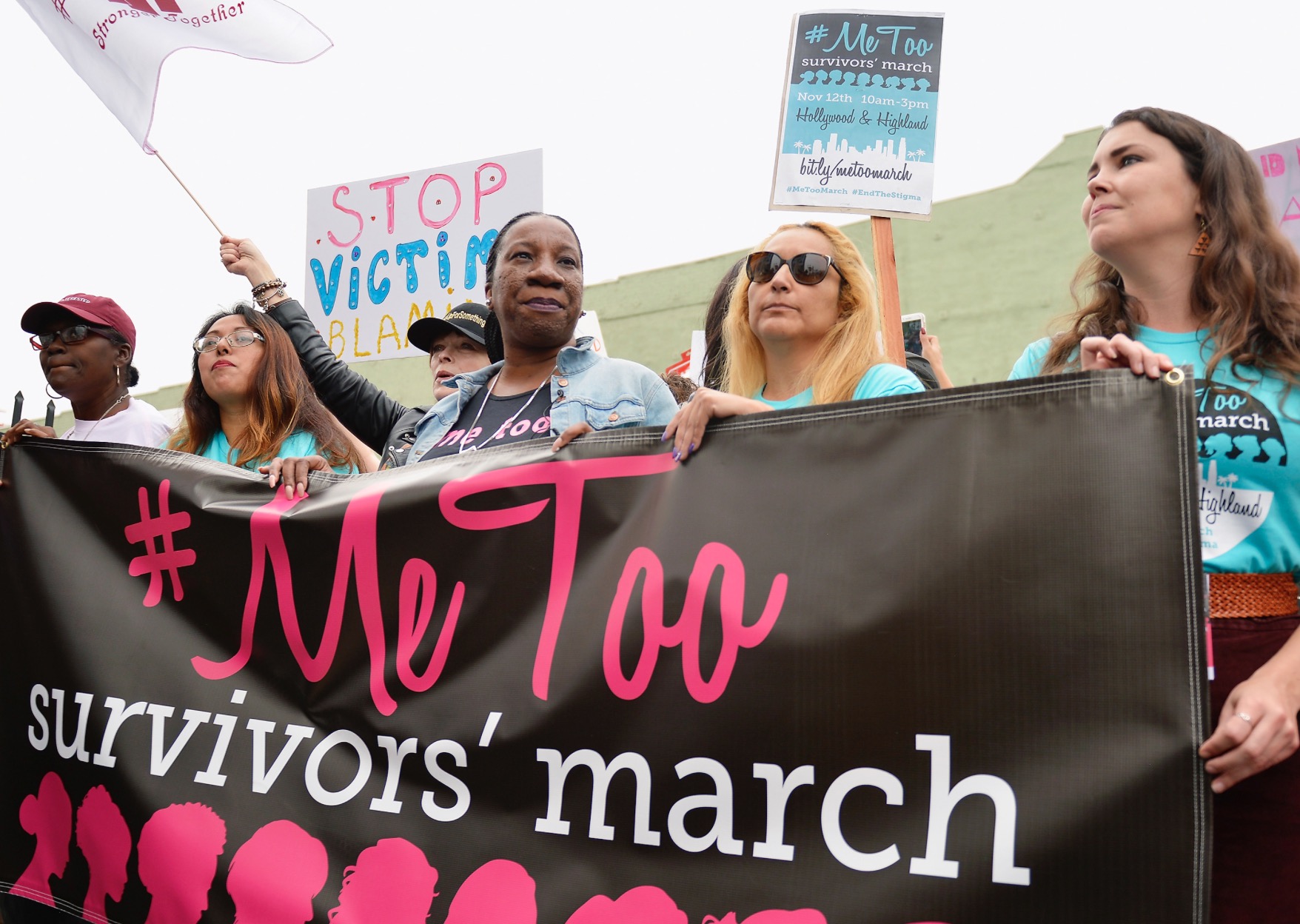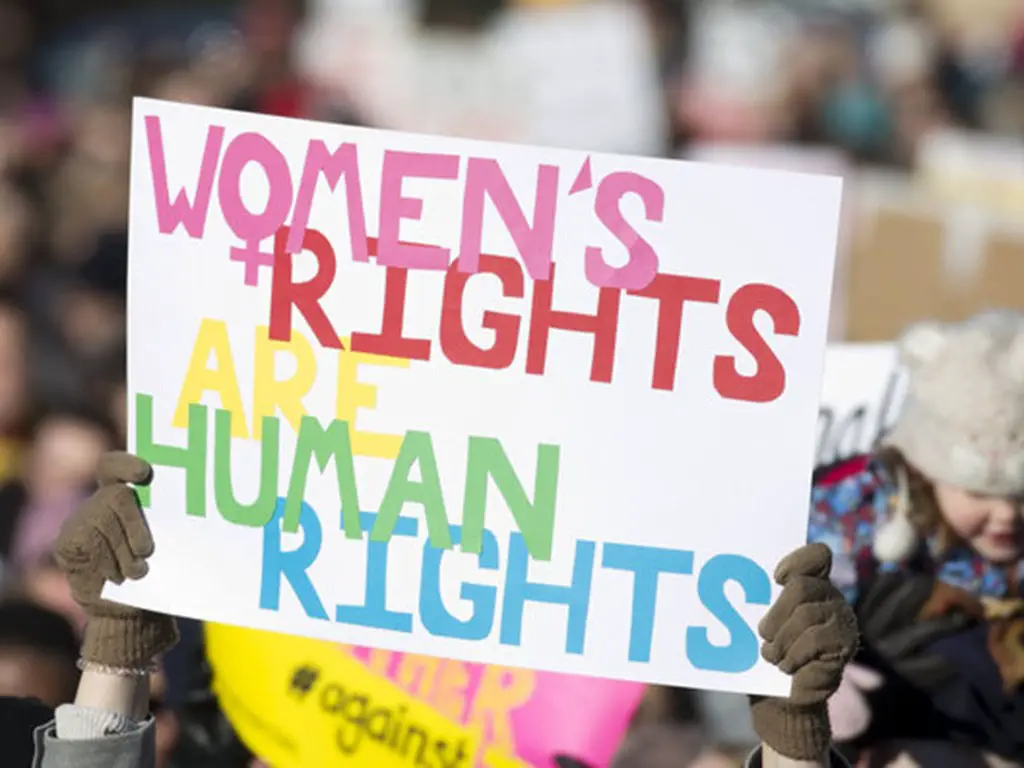There is no denying that some of the most important advancements of women’s rights in the United States have come from the judiciary. Congress never gave women the right to obtain an abortion or the freedom to use contraception without government input. Rights such as these were instead decided by the Supreme Court in landmark cases. That judicial record, which holds some cases you’ve heard of and others that you haven’t, makes it understandable that people see America’s courts as a fairly consistent ally for women, determined to ensure that their equality is apparent in all facets of life.
But while the courts have helped the movement for women’s rights by leaps and bounds, there’s still a lot that hasn’t been done. What people tend to forget is that for every step forward in one area of life, there can be two steps back in another. Such has been the case for an American court system that consistently faces challenges to women’s rights from ideals that, while not inherently discriminatory, might work against women in their fight for equality.
If you strictly look at the landmark victories that women have made in the courts, it might not seem like they’ve had much of an uphill battle. Sometimes, it’s a relatively easy decision for the court, and those victories that forever change American culture, like Roe v. Wade, are inevitably the ones that you’re going to hear about the most.
But you don’t always hear about where individuals or groups fighting for change have failed because so many things were against them. In so many cases involving women’s rights, whether it’s a lawsuit or an actual criminal case, you find women working against both legal and cultural hurdles that the court can’t overlook. When this happens, the decisions become a lot murkier.
As the debate over reproductive rights keeps intensifying, it’s very clear that the balance between religion and the ability for women to access certain resources is getting harder and harder to find. It’s a relatively new tactic used by pro-life groups, because cases like Griswold v. Connecticut and Roe v. Wade were less about individual groups and more about actions by the government.
Now, instead of cases that threaten the validity of previous rulings, you see more that could limit the ability of some women to access things like contraception or information about getting an abortion. The most recent examples of these would be Hobby Lobby v. Burwell, in 2014, which determined that certain for-profit religious groups would be exempt from including contraception in their insurance coverage, and National Institute of Family and Life Advocates v. Becerra, in 2018, which ruled that licensed pregnancy centers are under no obligation to give abortion and contraception information to patients and that unlicensed clinics do not need to disclose their status.
Small cases like these don’t get the legendary status of Roe or Griswold, but that doesn’t make them any less important. If nothing else, they’re silent yet powerful blows to women’s rights to reproductive autonomy. When these cases are going directly against the wishes of religious groups, it’s difficult for any court to rule against the latter. After all, freedom of religion is an explicitly stated constitutional protection, while the right to an abortion and the freedom to use contraception are implied. The right to practice religious beliefs is not inherently discriminatory toward women, and there is really no clear way to appease both sides, but in recent years, the way that it has been interpreted has left women to suffer the consequences.
But beyond the realm of groundbreaking lawsuits, the courts have also struggled with providing relief for women trying to make progress in the criminal justice system. Over the past several years, public attitudes surrounding crimes against women have changed significantly, especially in the wake of the #MeToo movement.
Women who report crimes like domestic violence and sexual assault, which don’t always leave the amount of evidence needed to meet the general standard, are being taken more seriously, and there’s an acknowledgement that the criminal justice system hasn’t always handled accusations well. But for all of the social progress that #MeToo has made for women’s rights, that hasn’t necessarily translated to a change in the court system itself.

Those who disagree would probably point to the cases of Larry Nasser and Bill Cosby as evidence that change is occurring. But what’s vital to remember is that the circumstances in those cases don’t reflect what usually happens. Both men were accused by multiple women. Nasser pled guilty to most of his charges. Cosby had a damning deposition used against him. And even with all of that, it still took decades for either man to face any sort of punishment.
Women who choose to press charges, which represent just a fraction of the number of incidents that occur, don’t always have the luxury of having so much evidentiary support. A lot of reports rely only on “he said she said,” and when that happens, the “he” maintains innocence until proven guilty. It should be mentioned that even in Cosby’s case, the amount of evidence presented wasn’t enough to prevent a mistrial on the first try.
Even though #MeToo has made the public more aware of how the system works and the challenges that it specifically presents to women, the system itself is still the same. To ask it to change its standards altogether might not be the best way to go, but advocates know that there has to be some middle ground that can be found.
For all the progress that it has made, the American legal system is in no way the enemy of women’s rights. For the most part, the courts have been more progressive than the legislative bodies elected to make the laws in the first place. The inception of the system itself was meant to preserve the rights of all people, and those who hold power in the courts understand that. But that doesn’t mean that they always have easy, clear-cut decisions. Only time will tell whether or not that will change, but in the meantime, the only thing that women can do is keep fighting.

















